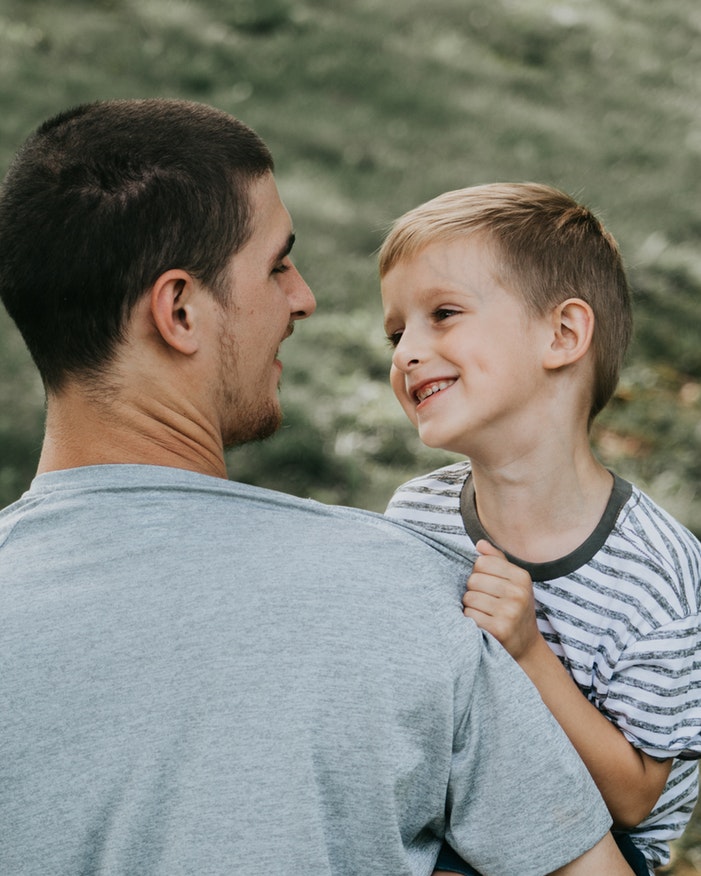
Children are programmed to learn from the moment they are born. They are able to easily pick up languages merely by hearing them, something adults can find challenging. As they go through their childhood, they are also learning other lessons. They learn important lessons about sex and relationships simply by seeing how people interact. They learn about ways to think, both good and bad by hearing other people’s conversations. And they learn about alcohol and drugs by seeing how people use and abuse these substances.
Demonstrating Positive Coping Mechanisms Early
If you wait until they’re a teenager to have an important talk with them, you are doing it too late. A little bit at a time over their life is a better way to prepare them and make it easier for them to come to you when they have problems.
The important word is “demonstrating.” Are you saying one thing but doing another? Think about how things look from the child’s point of view. If you routinely drink or pop Xanax after coming home from work, should you be surprised if your child connects substances with happiness and self-medication?
 Are You Approachable?
Are You Approachable?
One of the things that keep teenagers from telling their parents about problems that come up as a result of sexuality or drinking is fear. “They’re going to kill me” is a thing many teenagers utter. If a teen has lived their life with harsh punishments and zero-tolerance policies then it is very unlikely that they will feel safe coming to you with problems. However, if you’ve demonstrated understanding and really listening to them, your chances for open communication increase, which also means the chances of fighting a potential addiction is better.
If you’ve not built a lifetime of trust with your teen, don’t give up! It’s not too late, but it does require active interest and making them a priority. If you need more information, please call us at (833) 596-3502 or send us a message.






